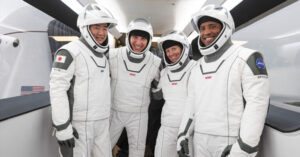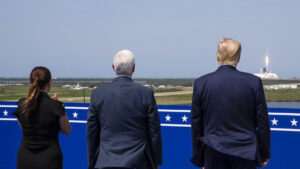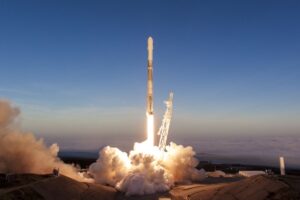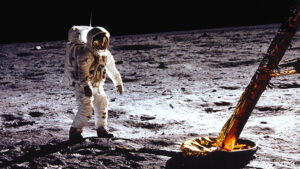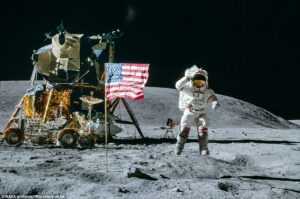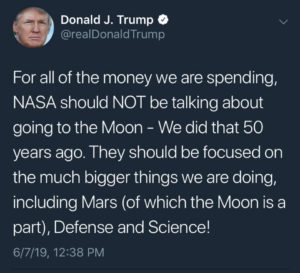By JOHN KANELIS / johnkanelis_92@hotmail.com
I never thought I ever would say what I am about to say.
Which is that I have become a fan of privately financed space travel.
You see, I am a huge fan of NASA, the government’s space agency. NASA has been front and center of the nation’s space program. It led the nation in its race with the Soviet Union to see which of the two superpowers would be the first to put human beings on the moon.
We won that race, thanks to NASA.
The United States isn’t sending astronauts into space these days aboard U.S.-government-financed rockets. We are relying on the Russians to ferry astronauts to the International Space Station.
We also are flying astronauts into orbit aboard Space X rockets, developed and financed by a fellow named Elon Musk, the guy whose company makes Tesla automobiles.
I am thrilled to the max watching the Space X rockets blast off from the launch pad at Cape Canaveral, Fla. Space X this week sent another crew to the ISS. The launch was perfect. The docking of the ship with the ISS also was done to perfection.
Make no mistake that I still hope for a return of U.S. government-sponsored space missions. I am awaiting development of a ship that will take Americans to Mars. I hope to live long enough to watch that mission unfold.
Until then, I will continue to cheer the feats of the crews launched into space by Elon Musk’s rockets.
Man, space travel continues to amaze me, even in this age of private sponsorship of rockets that send American astronauts into space.
